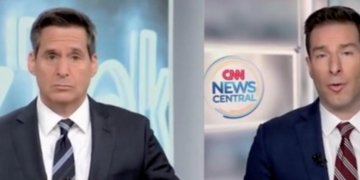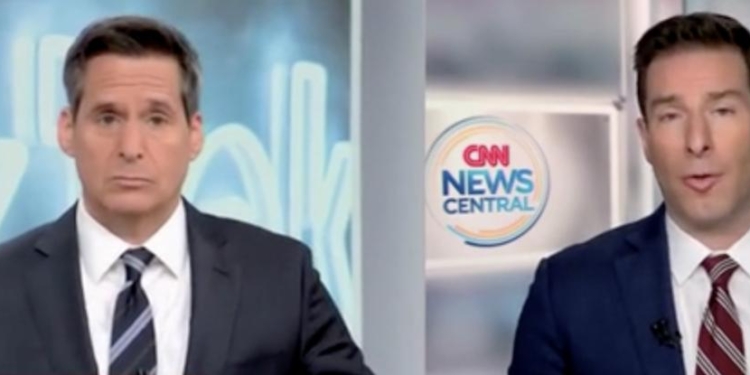CNN senior legal analyst Elie Honig laid out President-elect Donald Trump’s options Thursday to slow down the TikTok ban set to be imposed in the coming days.
In December, Trump requested the U.S. Supreme Court to block legislation signed by President Joe Biden in April intending to ban the Chinese-owned app unless it is in the process of being sold to an American company by Jan. 19. Honig said that Trump could either order the executive branch to not enforce the law or issue a hold on the legislation if negotiations for the sale of TikTok are underway.
“The president could issue an order to the executive branch saying ‘do not enforce this law’ because ultimately the fines that would be levied against TikTok have to come through the executive branch,” Honig said. “That would be controversial, however, to have a brand new law that passed by huge bipartisan majorities and immediately to say ‘ignore it.’ But I think the cleaner way, if Donald Trump wants to at least buy some time, is the law says if the president officially certifies that negotiations for the sale of TikTok to a U.S. company have commenced [or] have begun, that could put the law on hold for up to 90 days.”
“Donald Trump could say ‘look, I have spoken to the leaders of TikTok, there’s various thoughts and rumors out there in the ether, and that’s enough. And so if Donald Trump wants, he can issue that declaration saying we’re at least going to put it on hold for 90 days,” Honig continued.
WATCH:
The Supreme Court agreed to hear TikTok’s challenge to the ban in a Dec. 18 decision and heard oral arguments on Friday. The justices appeared unwilling to strike down the legislation as they believed Congress had the right to pass the law based on national security concerns, Honig said.
“The Supreme Court heard oral arguments challenging this law 6 days ago on Friday, and the justices seemed very disinclined to strike down this law. In other words, they seemed to believe, ‘look, Congress passed this law by the huge majorities that you mentioned John [Berman], and the stated concern of Congress was national security concerns and essentially the Supreme Court was grilling the lawyers for TikTok on ‘who are we to override the decision of Congress that there’s a grave national security concern here?’”
Trump argued in a Dec. 27 filing to the high court that he would settle the TikTok issue “through political means once he takes office.”
“President Trump alone possesses the consummate deal-making expertise, the electoral mandate and the political will to negotiate a resolution to save the platform while addressing the national security concerns expressed by the government — concerns which President Trump himself has acknowledged,” the brief said.
The president-elect initially attempted to ban the app during his first term through executive orders, but later flipped his stance, arguing that banning the app would benefit Meta CEO Mark Zuckerberg’s Facebook. Concerns about the popular app began during his first administration when officials declared ZTE and Huawei, two Chinese telecommunications companies, national security threats in July 2020, leading to bipartisan calls for a ban on the app.
Democratic Sen. Mark Warner of Virginia and Democratic Massachusetts Rep. Seth Moulton warned on separate occasions that TikTok’s Chinese parent company, ByteDance, had been stealing data and influencing America’s youth. TikTok admitted to lawmakers in June 2023 that some Americans’ sensitive data is stored in China.
Documents obtained by the Daily Caller News Foundation Tuesday found that TikTok forced former marketing executive Katie Puris, an American, to sign an oath supporting China’s “socialist system” and “national interests.”
All content created by the Daily Caller News Foundation, an independent and nonpartisan newswire service, is available without charge to any legitimate news publisher that can provide a large audience. All republished articles must include our logo, our reporter’s byline and their DCNF affiliation. For any questions about our guidelines or partnering with us, please contact [email protected].



























 Continue with Google
Continue with Google